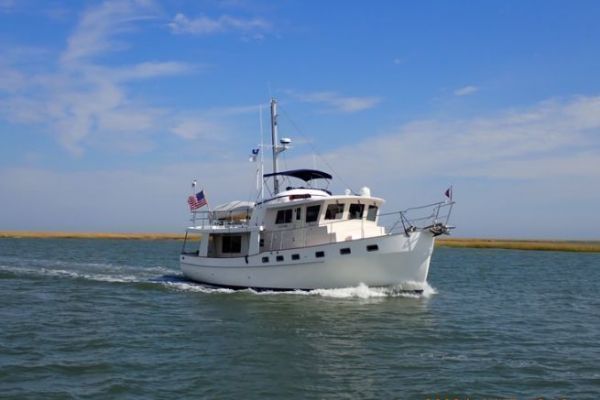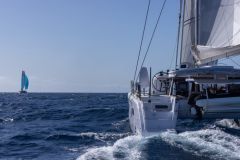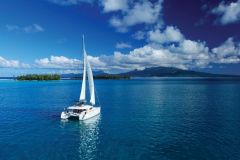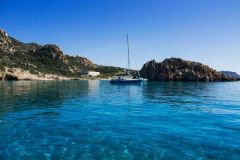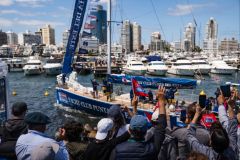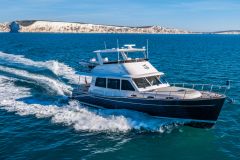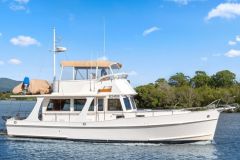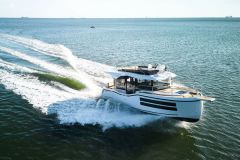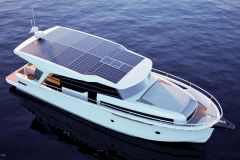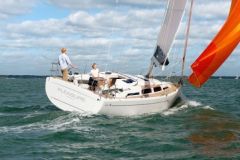Surely the wisest thing to do is to react while there's still time?
In spite of the irreparable ravages of time, which diminish our strength, sense of balance and many other abilities, playing one's part aboard a sailboat becomes increasingly hazardous. However, it is possible to manage to venture out to sea well into old age. To do so, however, we need to avoid burying our heads in the sand, recognize that most of our acuity has diminished and organize ourselves accordingly.
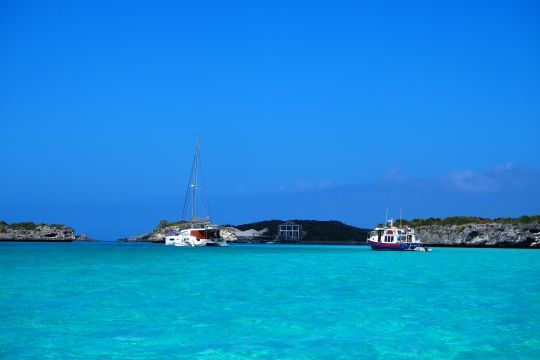
Poorly executed automatic gestures can be fatal
Who has never, at night, shocked the wrong manoeuvre by opening the blocker alongside? Similarly, after having passed the wrong side of the fairway buoy, the aging sailor can understand that it may be time to think about reducing the canvas if he doesn't want to end up as shark hamburger.
Good news: all is not lost thanks to mechanical‚euros!
It's perfectly possible to "enjoy" a little more of the priceless joys of the sea, when it chooses to do so. Many years ago, a few boat builders came up with the ingenious idea of using engines instead of sails to power their vessels. Well, it's an option that has lost none of its appeal today.
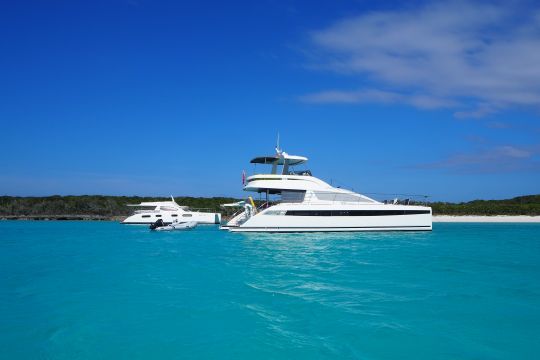
You don't have to go fast with a mechanically propelled boat
Contrary to many preconceived ideas, this type of boating is largely environmentally friendly. On the contrary, there's no need for excessive power. By travelling at speeds comparable to those of the vast majority of cruising yachts, our impact on nature can be even lower.
A few facts not often mentioned in Navy bars...
The absence of rigging, masts, sails, winches and all that sort of thing, reduces displacement and dunnage by a considerable amount (and I'm not talking about maintenance bills...). Some of this saving will go into fuel tanks, but not all. The balance is largely in favor of the motorized solution.
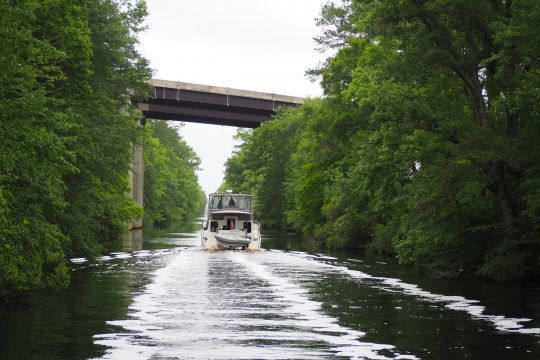
The space thus freed up will be judiciously used to optimize the energy aspect of our nautical peregrinations
The installation of solar panels, wind turbines and a suitably sized battery pack will soon make the generator obsolete. As a result, all modern comforts will be possible, powered by "green" electricity with, as a bonus, total autonomy for life on board.
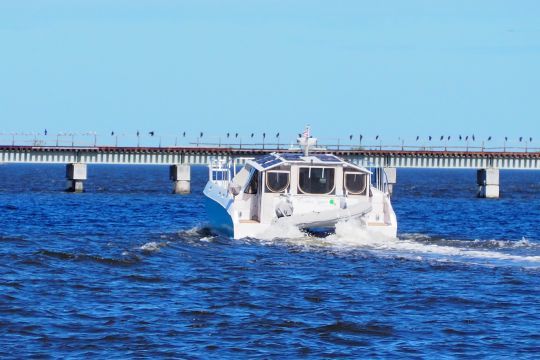
And if the sailing virus is still active...
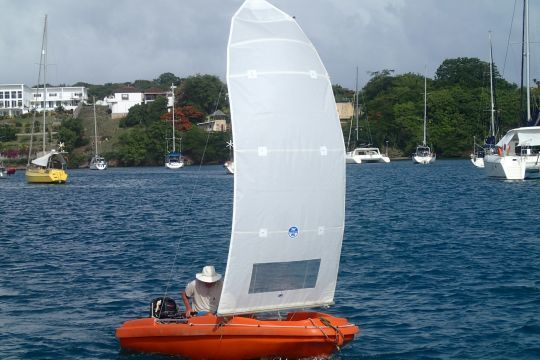
There's nothing to stop you from buying a sailing dinghy. There are a number of models, with one or two hulls, that provide delicious sensations.

 /
/ 